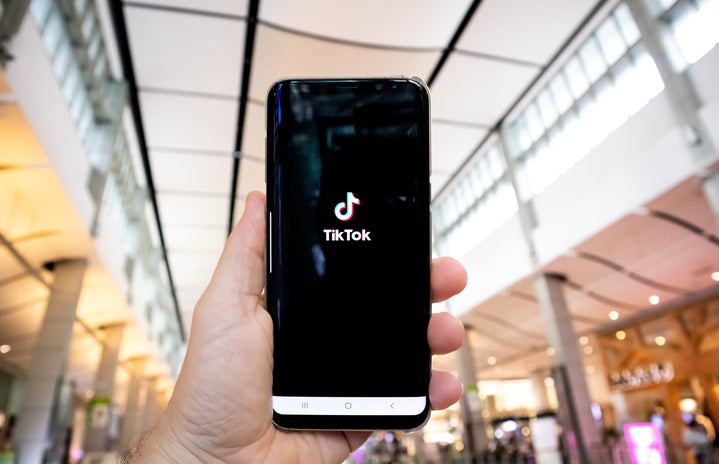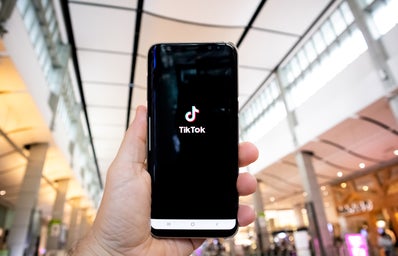After (literal) years of addiction
I downloaded TikTok in the spring of 2019, while there were already millions of users at this point. My friends and the majority of people around me hadn’t downloaded it yet, and I decided to be the first to check it out. I was immediately hooked. The app quickly figured out which videos I was interested in, and thus started my horrible addiction.
I spent the whole summer before I went into college scrolling through TikTok while many of my friends still hadn’t downloaded the app. I then went into my freshman year and met my roommates who were equally addicted to the app. We would constantly send each other videos and bond over the dances and sounds that were going viral. When everything shut down in March of 2020 due to the pandemic, I was already about a year into my addiction to TikTok when even more of the people around me started to download the app to pass time in quarantine. Sending TikToks to my friends and making silly videos helped us survive lockdown, and I started to spend upwards of six or more hours a day on the app.
This continued into my sophomore year of college. All of my classes were online and I found TikTok to be a great distraction from my school work and zoom lectures. Even as things started to open back up, and my junior year of college went back to fully in person learning, I was still putting TikTok before my school work and wasting hours upon hours on the app every day. The issue is that this is what the creators of the app want you to do. The way the algorithm works within the app is that it looks at the videos you interact with (through likes, comments, watching the whole video all the way through, etc) and suggests you more videos that it thinks you will like. This creates an environment where you are constantly chasing the dopamine rush you get from watching the videos and that keeps you endlessly scrolling on the for you page.
I realized that the time I was spending on the app was getting out of control and set a time limit of two hours per day starting in fall of 2021. This seemed like a good way to try to control myself while also not having to cut the app completely out of my life. The issue was that I was ignoring the time limit every day and still spending countless hours scrolling through my “for you” page. A couple weeks ago I decided enough was enough and I needed to delete the app and cut myself off cold turkey. At this point TikTok was not only affecting the amount of time I was spending on school, it was also affecting my attention span and my happiness.
I do not regret deleting TikTok one bit. I thought that it would be really tempting to redownload the app but after a few days I didn’t really miss it anymore. I can completely understand how so many people can still use the app and have a healthy relationship with it, but the algorithm knew me too well and I started to find it impossible to do anything but be on TikTok which is a scary feeling.
I am really proud of myself for recognizing how much I was letting TikTok control my life, and (although it took a while) cutting it out of my life was one of the best things I have done for my mental health. I encourage you to look at the things you spend a lot of time doing, whether it’s social media, binge watching TV or playing video games, and ask yourself if it is truly worth your time and energy. Although those things can be great stress relievers or ways to connect with friends and family, they can also negatively affect our lives. It is important to recognize where to draw the line when it comes to the technology in our lives.


